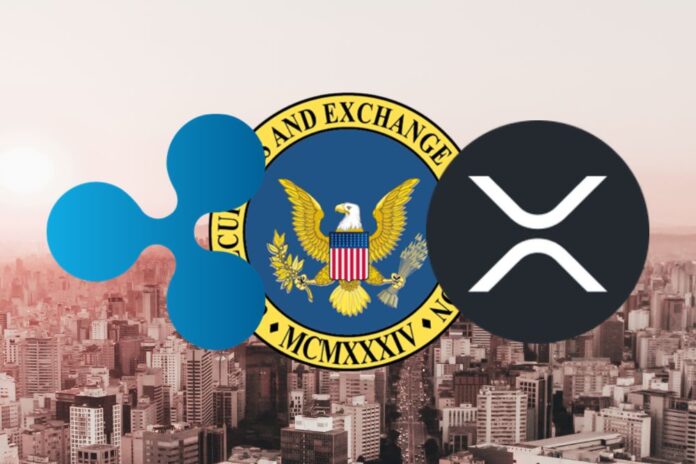The legal battle between Ripple and the U.S. Securities and Exchange Commission (SEC) intensified on January 23, as the SEC filed a response seeking to compel further discovery from Ripple. This response addresses Ripple’s previous opposition to providing specific financial documents and details related to XRP sales activities.
SEC Counters Ripple’s Objections
In its filing, the SEC argues that its discovery requests about financial statements, post-complaint XRP sales contracts, and institutional sale proceeds are essential for determining appropriate remedies in the case. The regulator emphasizes that courts routinely consider post-complaint actions when formulating remedies for securities law violations.
The SEC clarifies that the pursuit of penalties against Ripple aims to deter future securities violations, not to conduct a “mini-trial” on the legality of specific post-complaint sales, including those executed through Ripple’s On-Demand Liquidity (ODL) service.
However, the SEC asserts that access to post-complaint contracts is crucial to assess Ripple’s future intentions regarding ODL sales and their potential compliance with securities regulations. This information, they argue, is necessary to ensure that any injunction issued can effectively prevent future non-compliant sales.
Ripple’s Potential Response and Legal Considerations
While Ripple might argue that it can restructure future ODL transactions to avoid falling under the category of unlawful institutional sales, the SEC insists on examining post-sale and post-summary judgment contracts to verify Ripple’s intentions and the commercial viability of such restructuring.
Bill Morgan, a prominent pro-XRP attorney, acknowledged the potential implications of the SEC’s request, explaining that a wide injunction would not do significant harm to Ripple’s ODL business, but he opined that legal proceedings may involve an examination of contracts agreement by Ripple after the initial complaint, which could further affect the company’s operations.
Follow us on Twitter, Facebook, Telegram, and Google News
We are on twitter, follow us to connect with us :- @TimesTabloid1
— TimesTabloid (@TimesTabloid1) July 15, 2023
Ripple’s Previous Claims and SEC’s Rebuttal
Ripple had previously argued that the SEC failed to request the disputed discovery during the designated fact discovery period and lacked justification for seeking it now, especially considering they had exhausted their allotted interrogatories.
Interestingly, the SEC countered this claim by submitting a declaration from Carolyn Dicharry, a former Ripple consultant. Her testimony revealed that Ripple, through XRP II LLC, entered into direct XRP sales agreements with 23 specific counterparties between July 2017 and April 2020, as documented in Ripple’s business records.
Looking Ahead
The lawsuit is picking up again, and things are moving after prolonged silence. Ripple CEO Brad Garlinghouse recently slammed the SEC, suggesting that ChatGPT could draft better crypto regulations. The SEC has chosen to not back down, and the next few months will show if the regulator still has legs to stand on in this case.
Follow us on Twitter, Facebook, Telegram, and Google News


